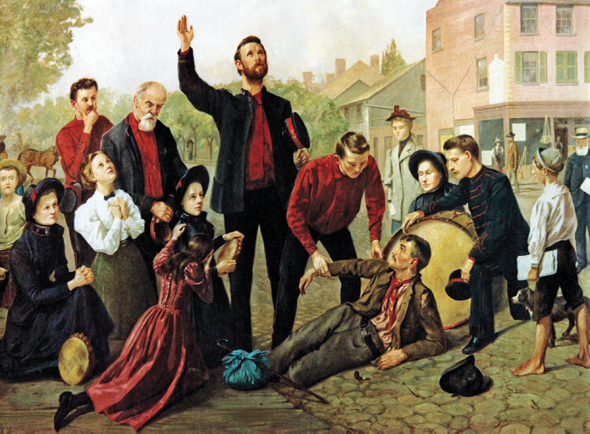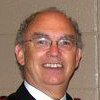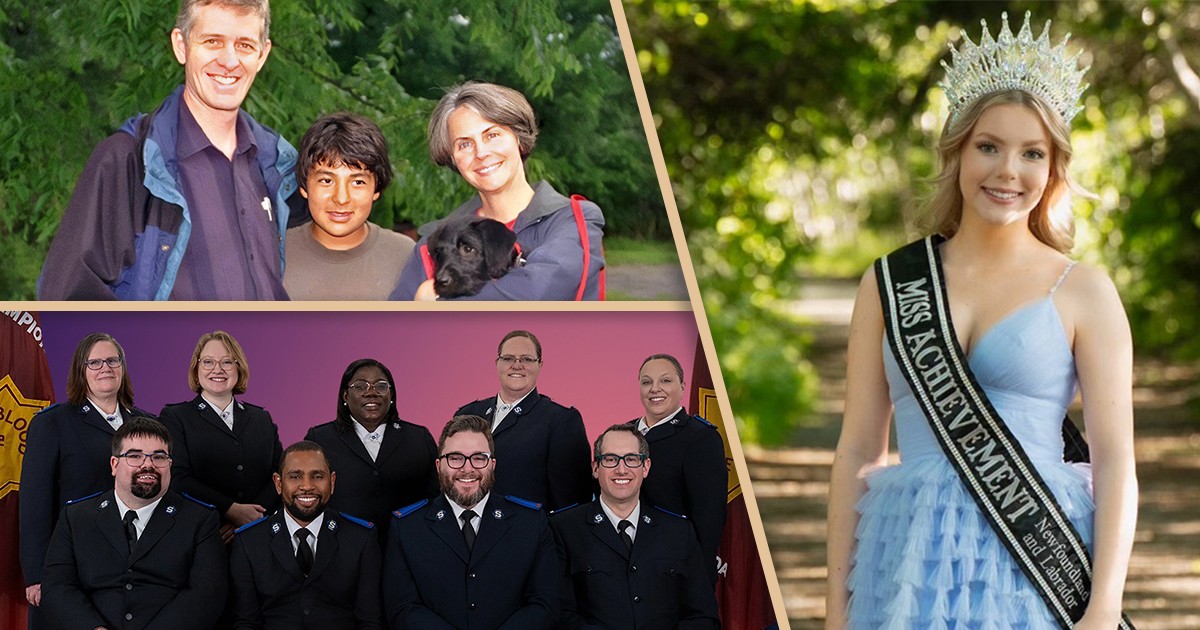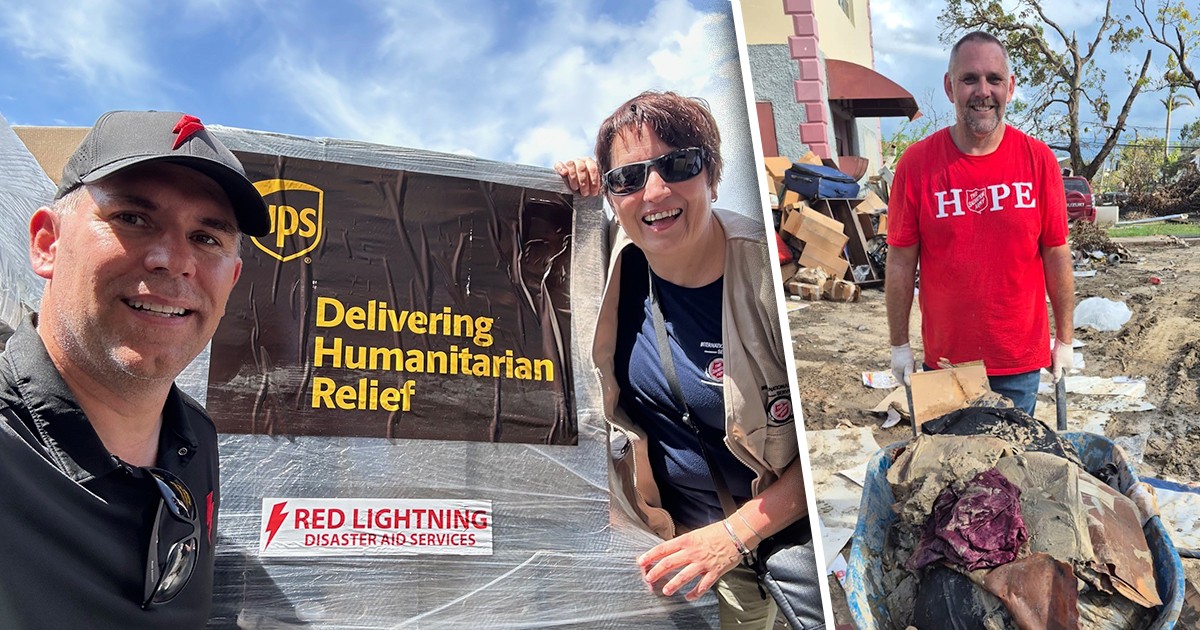 During the collapse of the East Coast fishery, a reporter interviewed an old Newfoundland fisherman and asked him what he thought about the future of the fishery. With the wisdom of Solomon and the wit of Stephen Leacock, the old fisherman replied, “The future of the fishery is a thing of the past.”
During the collapse of the East Coast fishery, a reporter interviewed an old Newfoundland fisherman and asked him what he thought about the future of the fishery. With the wisdom of Solomon and the wit of Stephen Leacock, the old fisherman replied, “The future of the fishery is a thing of the past.”
There are some who would say the same of The Salvation Army. And it is hard not to disagree. In a little more than a decade, all the great Salvation Army hospitals in this country were handed over to government. Two historic training colleges closed and the properties were sold. Hallowed campgrounds were disposed of. Many corps closed, with their properties converted (or backslidden) to garages and warehouses. And there are fewer cadets than ever in training.
Yes, it is easy to say that our future is a thing of the past. But our past also has much to teach us.
When William Booth started The Salvation Army it was a Christian mission. In fact, that is what he called it—The Christian Mission. It was the Billy Graham Evangelistic Association of its day. The aim of the mission was to “go for souls and go for the worst.” The missioners saw nothing greater than saving souls.
Then the mission morphed into an army. “Salvation was their motto. Salvation was their song. And 'round the wide, wide world they sent the cry along.” The Salvation Army saved the drunkards from their drink, the criminals from the prisons and girls from the streets by preaching the gospel of Jesus Christ, complete with repentance and holiness. And for their soul-saving, evangelistic work they were often ridiculed and persecuted.
But along with the spiritual work, the Army applied the social gospel. The Army was the World Vision of the late 19th and early 20th centuries. And the more the Army got involved in social work, the more it was praised. We gained quite a reputation for ourselves as a humanitarian organization.
And it was at this point, so very subtly as to be unnoticed, that the Army began to change yet again. We became a quasi Red Cross. In fact, we adopted similar vocabulary and invented the Red Shield. Doing good deeds gained us favour with the people. No one would argue against an organization that did so much good. Governments gave us grants. People poured money into our coffers. Donors stuffed envelopes with cheques and mailed them to us. Humanitarian work was profitable. Much more profitable than spiritual work.
Not many would give us money to preach against sin or support us to proclaim that Jesus saves—and Jesus alone. Only a faithful few would stuff a church offering envelope and put it in the collection plate every Sunday. Certainly not governments or big corporate donors.
Our social programs grew at the expense of our spiritual ones. And so we find ourselves today on the brink of morphing into another YMCA, which began in 1844 as another Christian mission to the young men of London, England, “to substitute Bible study and prayer for life on the streets,” but is now a world-class humanitarian organization with little or no Christian message.
Humanitarian work is good but that is not our calling as The Salvation Army. Our work is first and foremost spiritual. In the Early Church when some widows needed food, they approached the Apostles for help. Peter's reply was, “It would not be right for us to neglect the ministry of the Word of God in order to wait on tables” (Acts 6:2). If we cannot take the message of Christ with us when we serve tables and distribute food, provide shelter and give away furniture, then we have left our first love.
The Ss on Salvation Army uniforms used to mean “Saved to Save.” It was a statement of early Salvationists' faith that they were saved so that they could lead others to salvation. They testified of the saving grace of God that came to them when the blood of Christ was applied to their hearts and their sins were washed away. “Saved to Save” is an evangelistic testimony from the heart of a Christian believer. Now we often refer to the slogan as “Saved to Serve.”
If my mission is simply humanitarian, then it makes no difference whether or not I am instrumental in saving anyone's soul. I can give a man a good, used coat, a hot bowl of soup and a warm bed for a few weeks, then send him on his way. I have fulfilled my mission. I have served. The man may be back again next year and I will have the privilege of serving him again and again and again.
If my mission is to save, then I will not be satisfied until I have put a new man in that old coat, until his heart is as warm with the Spirit as his belly is with the soup, until he eventually falls asleep in Jesus.
Our future is not a thing of the past, but the key to our future success lies there. You'll find it at Mile End Waste, London, England, 1865.
 Major Fred Ash is the corps officer at Burlington Community Church, Ont.
Major Fred Ash is the corps officer at Burlington Community Church, Ont.









We do our programs in a fashion that pleases the community we serve. We used to have Hospitals in these hospitals we had many opportunities to share the gospel we have since traded that for chaplains that are an all religion based chaplain. We have disaster response systems and are instructed to avoid talking about our faith. We give out food to people we provide lodging to those in need, but are encouraged to not share our faith.
I have seen a drastic change in the army over the years and even in our corps we have shyed away from solid biblical teaching. I have sat through many sermons talking about doing good works or do what ever you feel comfortable doing. We have left the solid hymns for cushy non offensive choruses. We have limited our church services to one hour Sunday mornings. I remember when we had Sunday school at 9:30 then as a family we went to Holiness meeting and that could last up to 2 hours sometimes more. There was open air meetings then evening service. We had opportunities to serve our corps.
It appears the more we as an Army want to appear like the churches down the street the more we loose touch with our biblical charge and I think that is hazardous.
There are times when I have considered leaving the Army. Yes that's right you heard me I have at times been tempted to hang up my uniform and head off to a church that has not removed its foundation. I agree the Army is becoming more like the YMCA/YWCA.
So Leaders of the Army are we going to continue pleasing the world or shaking it up for the glory of God?
What are we afraid of?